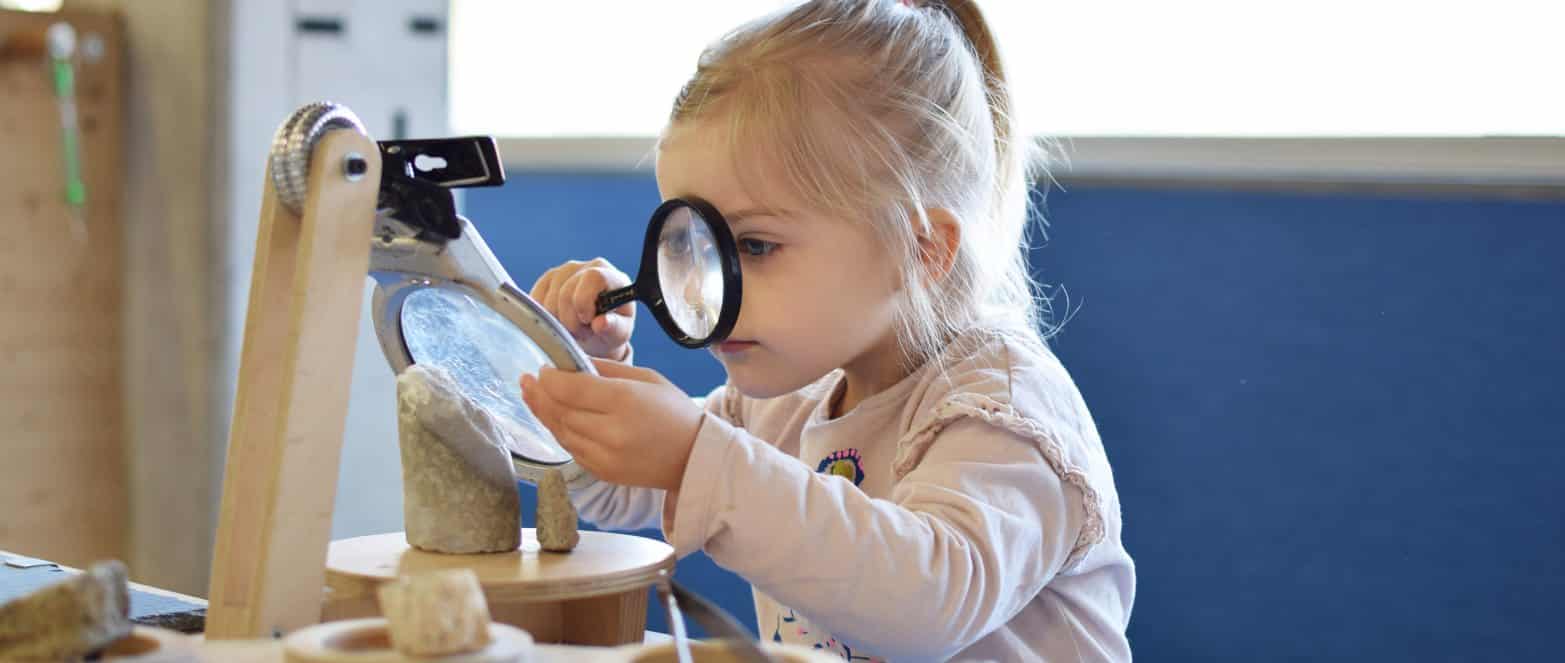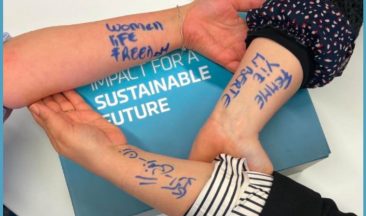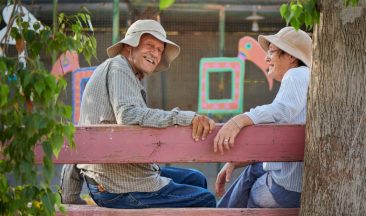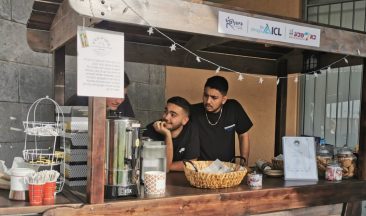A special project tries to introduce young children to science in fun ways at the earliest stages of their education.
A young child is sitting on the floor, trying to figure out how to roll a ball in such a trajectory so that it would reach a certain goal. Another child is looking through a microscope, and a little girl is collaborating with a few more kids putting cogs in the right order so they would all turn in sync. This is not happening in a school, but in the University of Manresa in Spain, as part of a joint project with ICL Iberia, called Lab 0-6. There, young children have the opportunity to research and experiment in order to learn about the world around them and pick up the basics of scientific curiosity and understanding.
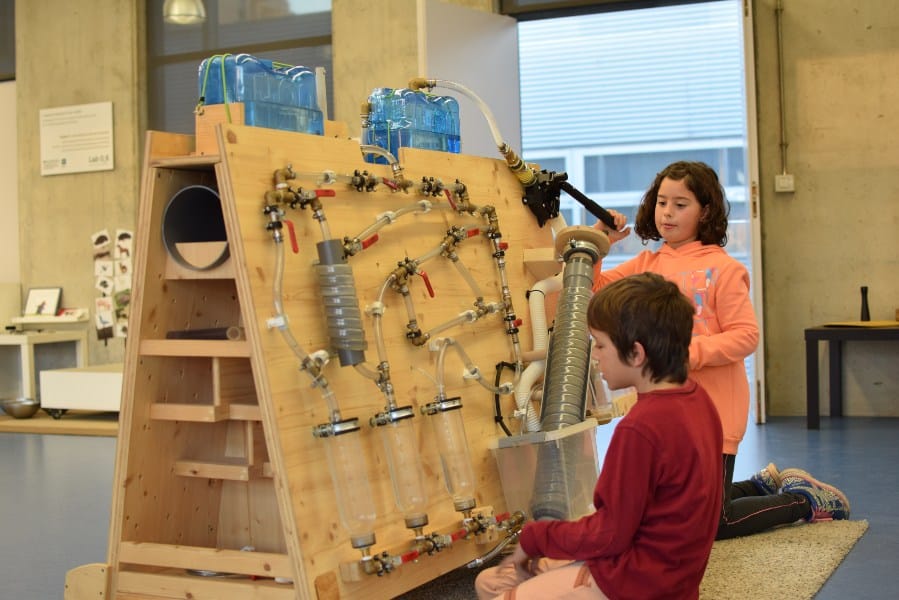
Lab 0-6 – Making science fun
Lab 0-6 is a unique pedagogical service launched in 2014. As its name suggests, it is meant for children up to the age of six, with the goal of letting them connect and experience scientific concepts and foster their curiosity at the earliest stages of their education.
Rosa Vilajosana from ICL Iberia coordinates between the company and the University of Manresa. She explains that this unique project is open to all young children in Catalonia, where the university is located. Many of them arrive throughout the week with their schools, which organize school trips to the Lab 0_6 center.
On weekends, children are invited to participate in the Lab’s activities accompanied by their parents. Families arrive at a spacious lab, specifically designed as a science-oriented learning environment, and enjoy learning together. A mobile version of the project also exists: a van equipped with everything that is needed to perform scientific experiments frequently visits schools in the area, or in other regions, when requested. Overall, more than 12,000 children have already visited and enjoyed Lab 0-6.
Exploring with all of the senses
Vilajosana tells us that the activities included in the project were planned by the university’s Education School, and that a new Pedagogical Commission has been established at the university as part of the project to create new content and pedagogical materials, as well as adapt existing ones for younger children. The commission is composed of scientists from various fields – chemists, geologists, mining engineers, biologists, etc.
At the Lab 0-6 center, the children are guided by professors and students who are part of the university’s different educational programs, and are advised by the Pedagogical Commission.
You may also be interested in:
Towards a Culture of Excellence
The children benefit greatly from the activities at the center. They learn to collaborate, solve problems and achieve common objectives together. They develop their abilities to anticipate, focus, conclude and deduce. They practice team work, observation, self-control, perseverance, concentration and decision making. At such a young age, children learn best by touching and moving, so the activities require them to use all of their senses and move around, letting them explore things on their own with no intervention from adults unless absolutely necessary. The children play with colors, shapes, sizes, lights, different textures and materials, experiment, touch and feel everything around them.
Lately, Lab 0-6 was selected as an exemplary project by the EU. If it is found to be as successful and beneficial as expected, we will see more such projects started in other European countries in the near future.
